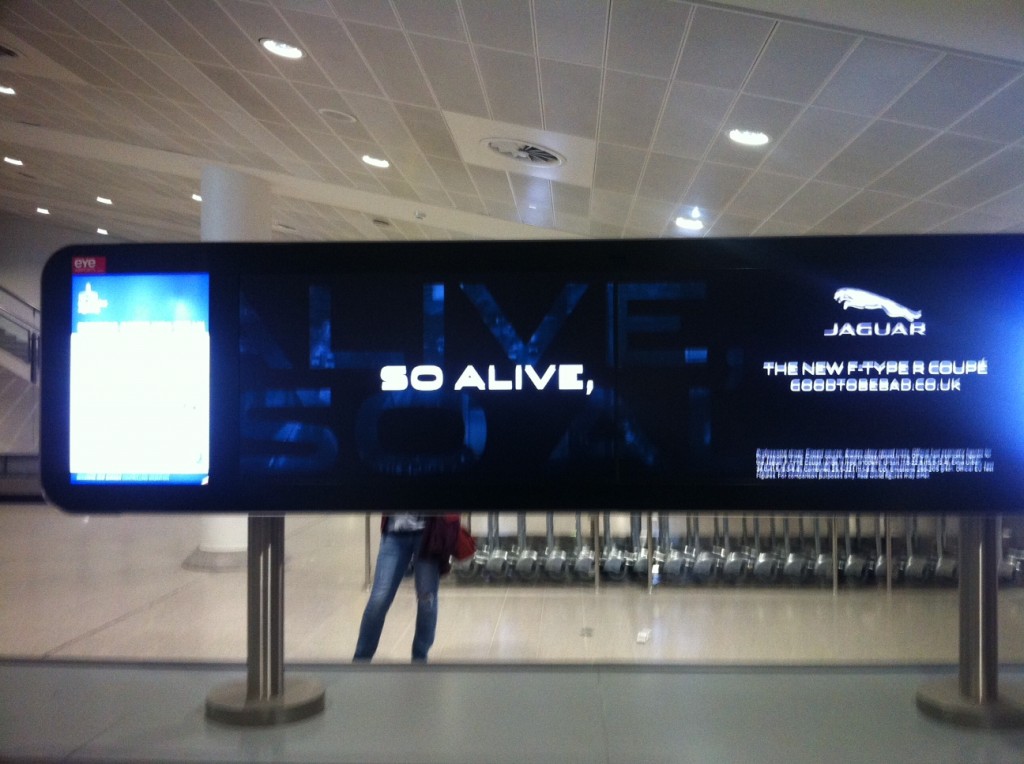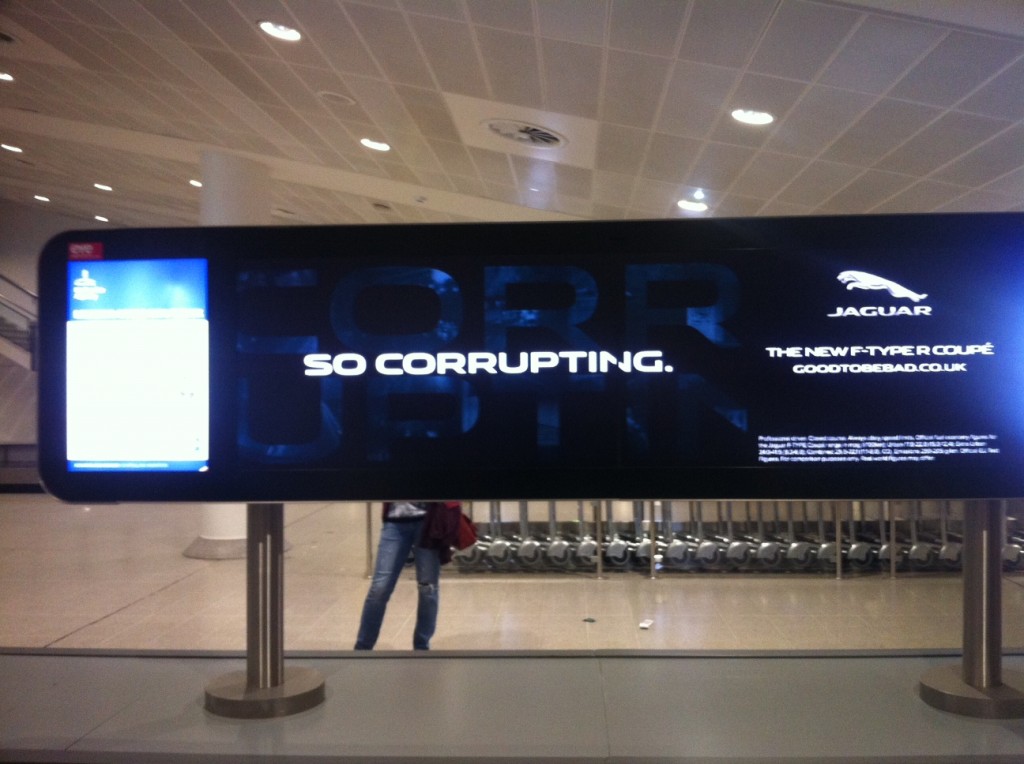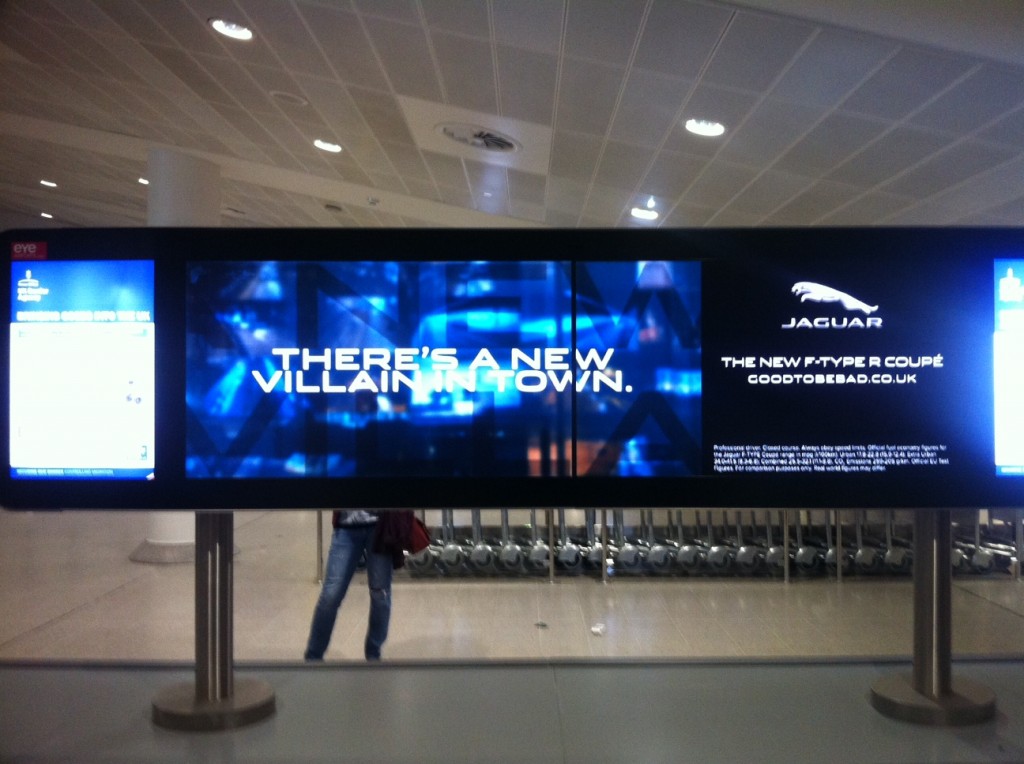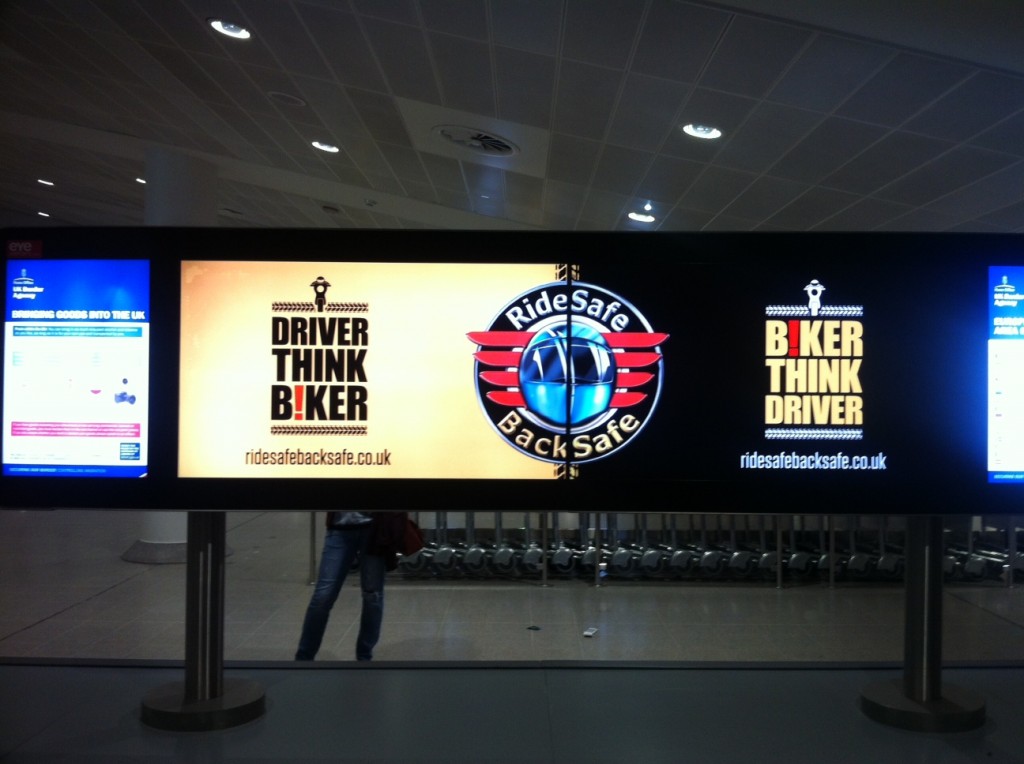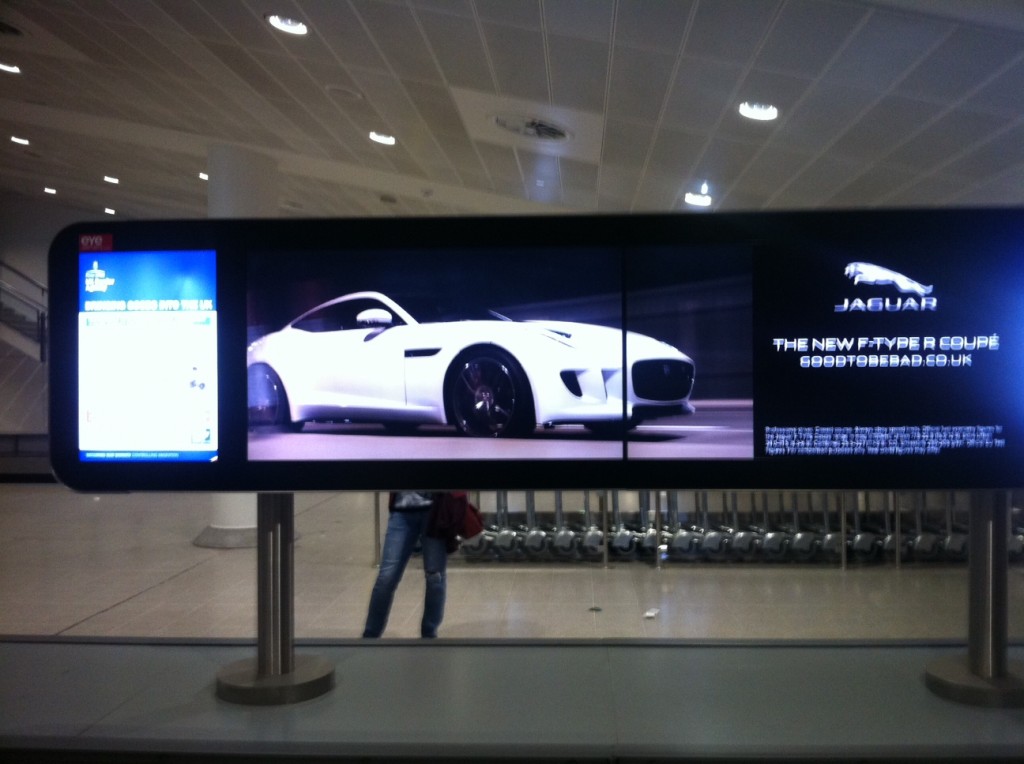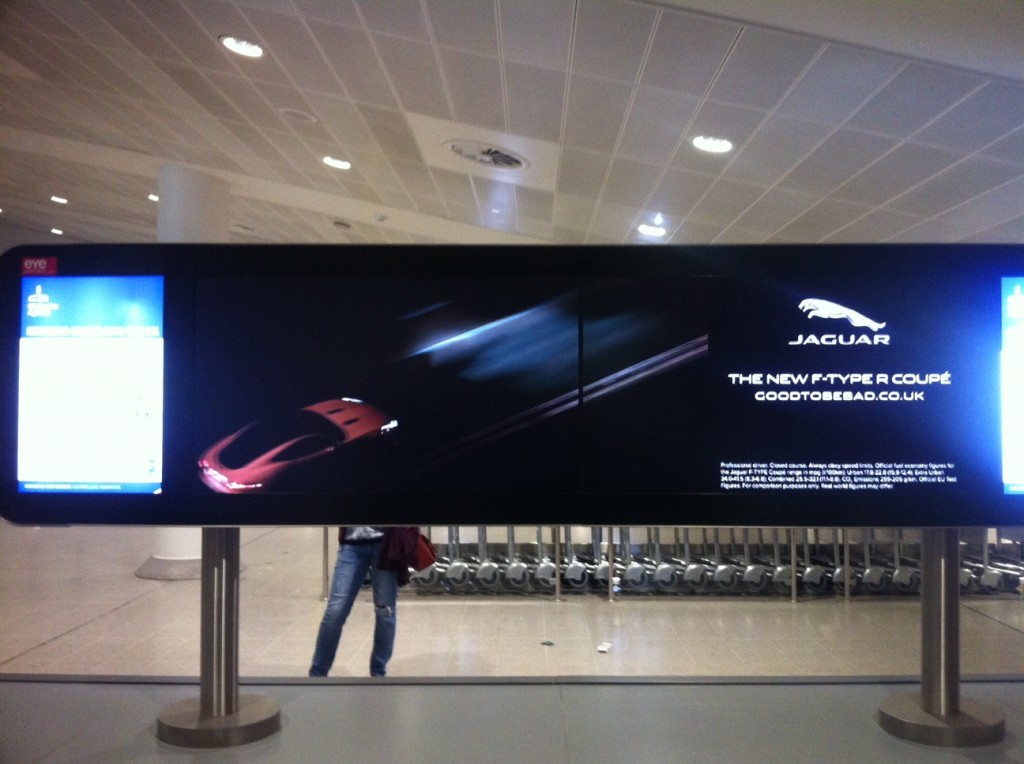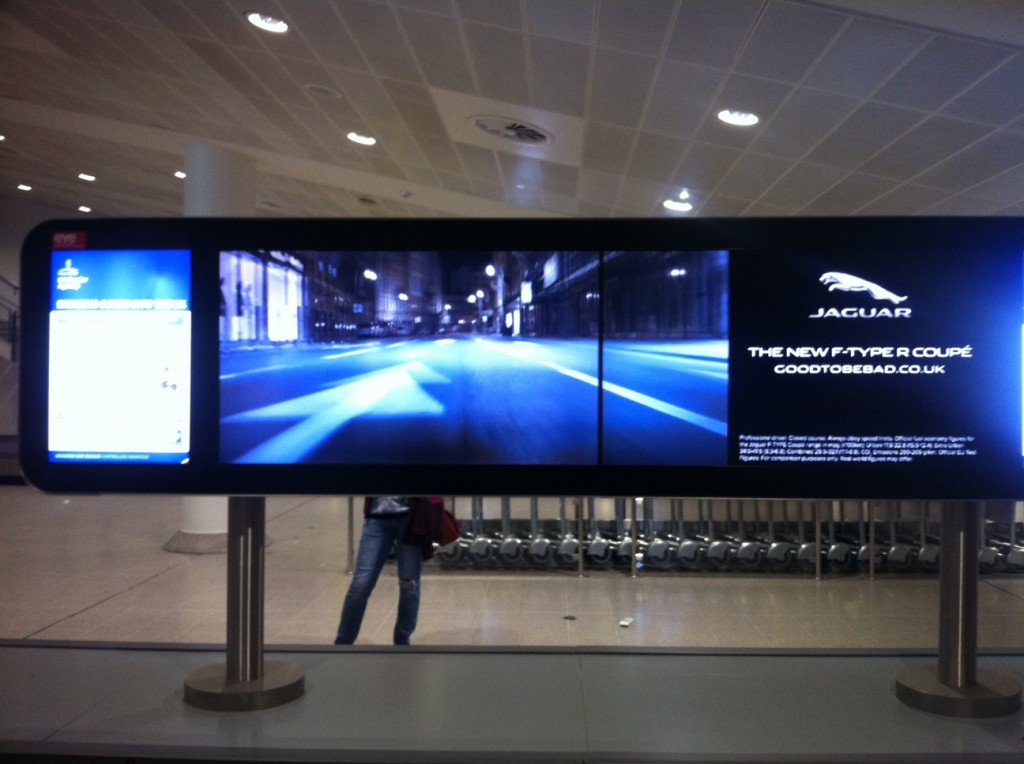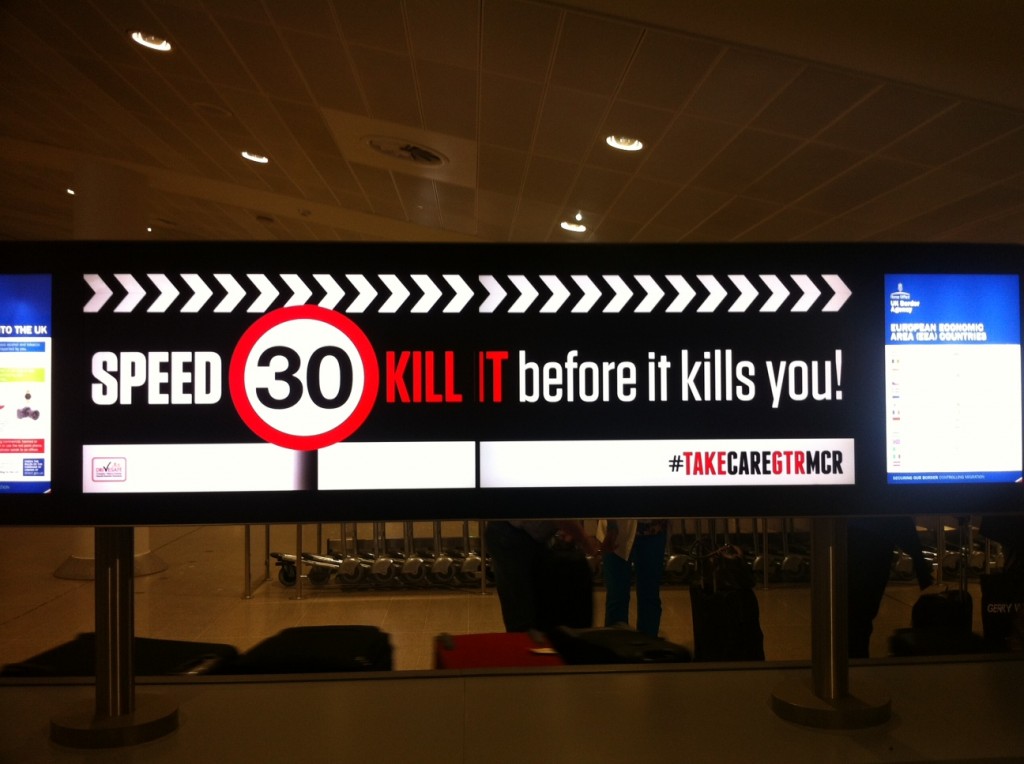Chris Rose’s book “What Makes People Tick” describes the worlds and values of three kinds of people: Settlers, Prospectors and Pioneers. Settlers are conservative people who don’t like change and want security; prospectors are get up and go achievers who yearn for status and recognition; pioneers are ideas people. Most people tend to one of these three groups.
The group with the biggest footprints[1] are the pioneers because they seek satisfaction through buying lots of flashy possessions and travelling around the world to have experiences. They are like the shopaholics and the achievers in the rather less rigorous analysis here: https://www.thebustard.com/?p=1328
Their attitude to nature is represented by the diagram below:
from What Makes People Tick: The Three Hidden Worlds of Settlers, Prospectors and Pioneers (Chris Rose, pub Troubadour) © CDSM www.cultdyn.co.uk
Prospectors are the segment on the left of the diagram. As the colours suggest, nature leaves them cold. In contrast, nature is important for both settlers and pioneers, hence the yellow, red and purple zones in the settler and pioneer segments (top right and bottom right, respectively). Nature doesn’t give prospectors the kick that flashy cars give. This is because dealings with nature do not give them a sense of status or self-worth, which in turn is because the rest of society does not ascribe a high ranking to people who deal with nature.
Rose explains that it is no use criticising prospectors for not liking nature or trying to tell them to be less materialistic. It is no good “telling them that they should not want new things, or more stuff”, but rather the key is “to change the symbols and experiences of success, so that society rewards people with the esteem of other or self-esteem for less material behaviours.”
It this is to happen consciously it would require a huge effort of social engineering. Perhaps we get lucky and it happens by itself … we just get tired of all the rubbish and stupidity. People might see the hollowness of things…
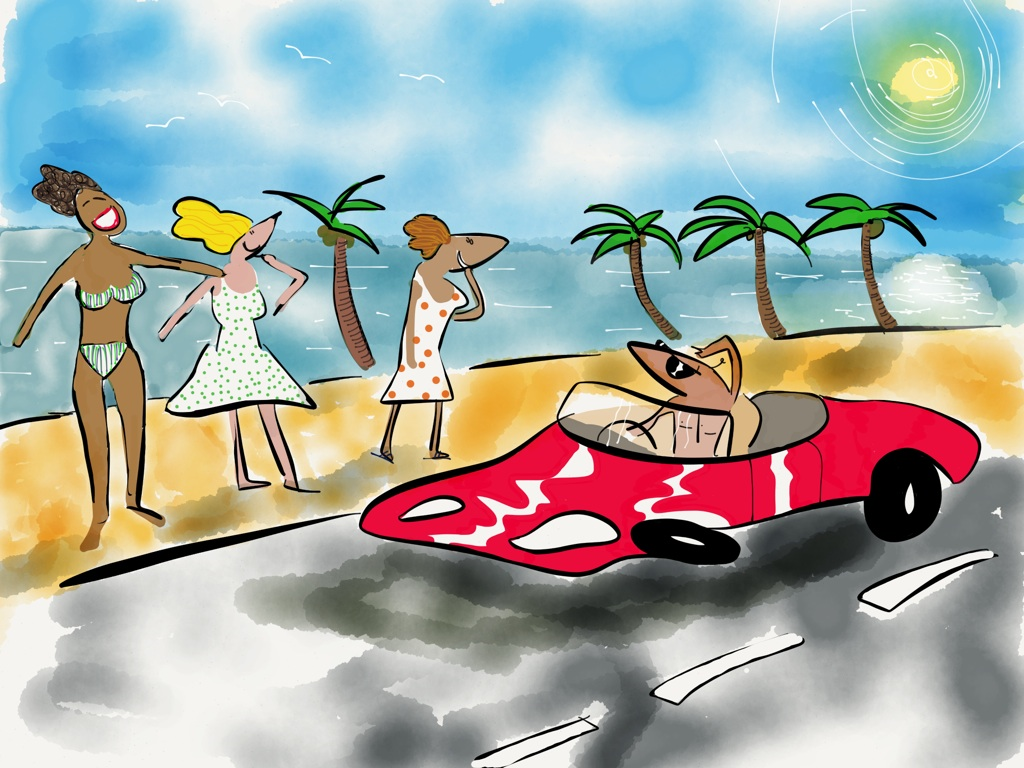 “Sales of flash cars collapsed when they realised that “porsche” meant “erectile disfunction” in Quechuan.”
“Sales of flash cars collapsed when they realised that “porsche” meant “erectile disfunction” in Quechuan.”
Or some really charismatic people might see beauty in insulation and shower status and reward on the best insulators.
[1] Apart from environmental campaigners who also fly around the world a lot.







